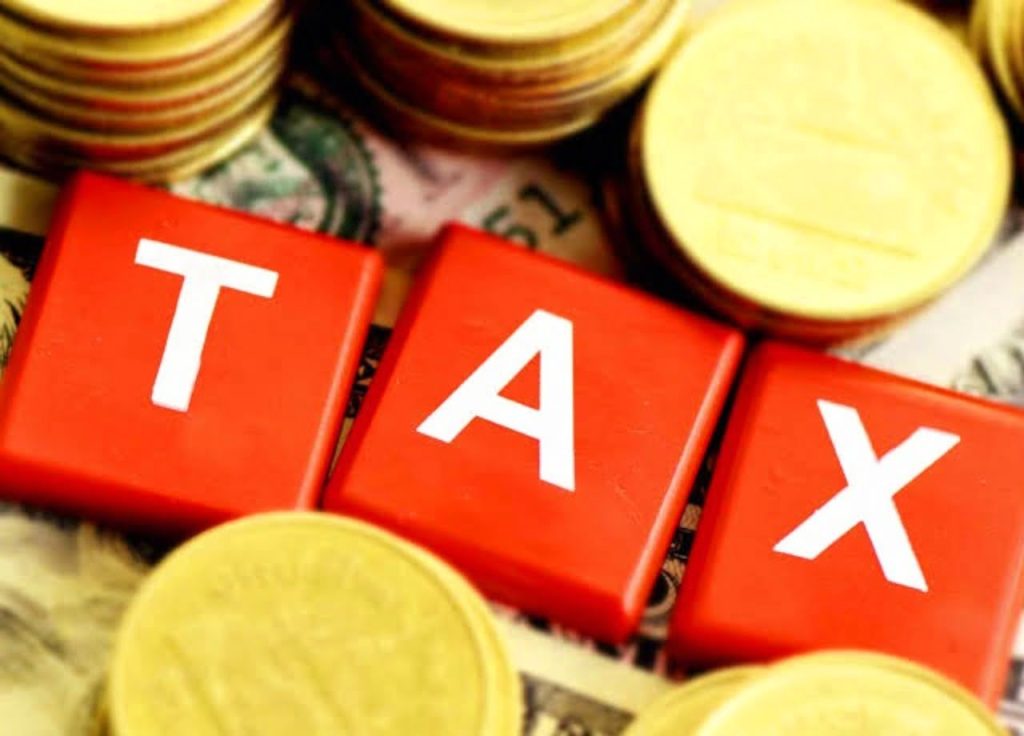The introduction of unified tax bills in Nigeria has been met with widespread commendation from stakeholders, who view it as a crucial step towards bolstering business confidence and tackling the nation’s economic woes. This significant legislative move aims to streamline Nigeria’s convoluted tax system, replacing a multitude of disparate laws with a single, comprehensive document that clarifies tax obligations and procedures for both domestic and international investors. This simplification is expected to foster a more predictable and transparent tax environment, enabling businesses to engage in more effective financial planning and avoid the pitfalls of navigating ambiguous or unforeseen tax regulations. The unified approach promises to reduce administrative burdens, enhance compliance, and ultimately contribute to a more stable and attractive investment climate.
Beyond the immediate benefits of simplification, the unified tax bill is seen as a catalyst for broader economic reforms. Stakeholders emphasize the need for a long-term development strategy that encompasses fiscal policies and infrastructure development, creating a conducive environment for sustained investment growth. This long-term vision should prioritize addressing critical bottlenecks such as inadequate road infrastructure and insufficient freight services, which have long hampered economic activities and hindered the efficient movement of goods and services. By acting as a facilitator, particularly in crucial sectors like electricity and transportation, the government can actively attract both local and foreign investment, driving economic expansion and creating much-needed employment opportunities.
The anticipated positive impact of the unified tax bill centers around its potential to reduce uncertainty and enhance investor confidence. By eliminating inconsistencies and streamlining tax regimes, the bill is expected to create a more stable and predictable environment for businesses. This stability is crucial for attracting and retaining investments, as it allows businesses to make informed decisions based on clear and consistent tax policies. However, maintaining stable tax rates is paramount to sustaining this newfound confidence. Fluctuations in tax rates can erode investor trust and create an unpredictable business environment, negating the positive effects of the unified bill. Therefore, a commitment to consistent tax policies is essential for maximizing the long-term benefits of this reform.
While the unified tax bill is widely lauded, experts caution against increasing the Value Added Tax (VAT) amidst the current economic challenges. Raising VAT during a period of high inflation and economic uncertainty could exacerbate inflationary pressures and diminish consumer purchasing power. This, in turn, could lead to reduced consumption and negatively impact businesses, further hindering economic recovery. The recommendation is to postpone any VAT increases until economic stability is achieved, ensuring that such measures do not undermine the fragile economic recovery. A prudent approach to VAT adjustments is crucial for avoiding unintended negative consequences and maintaining a balanced fiscal approach.
The consensus among experts is that infrastructure development, particularly in transportation and energy, should be a top priority for the government. Robust infrastructure is essential for supporting industrial growth, facilitating trade, and creating jobs. Investments in these critical sectors can unlock significant economic potential and contribute to long-term sustainable development. Furthermore, transparency in budget implementation and accountability at all levels of government are crucial for ensuring that resources are utilized effectively and efficiently. These measures will not only enhance public trust but also optimize the impact of public spending on economic development.
In conclusion, the introduction of unified tax bills in Nigeria represents a significant step towards creating a more conducive business environment and addressing the nation’s economic challenges. By simplifying the tax system, enhancing investor confidence, and prioritizing infrastructure development, the government can lay the foundation for sustained economic growth and prosperity. However, it is crucial to maintain stable tax rates, avoid premature VAT increases, and ensure transparency and accountability in public spending to maximize the positive impact of these reforms and achieve long-term economic stability. The successful implementation of these measures will require a concerted effort from all stakeholders, including the government, the private sector, and civil society, to create a shared vision for a prosperous and sustainable future.














